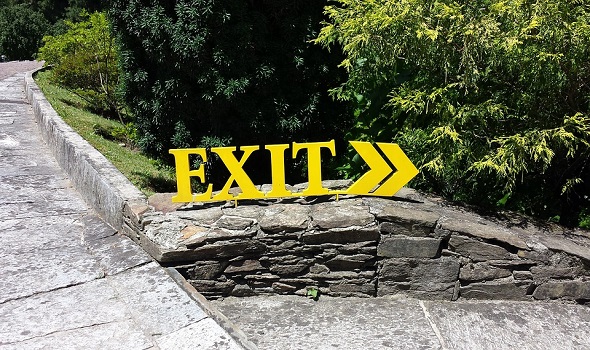More questions than answers
More questions than answers

The Government's new counter-offer to EEA nationals after Brexit is far too little, far too late.
Their headline claim is that under this offer, all Europeans with five years of continuous residence would be able to continue with their lives. But that’s not really the case - those we have spoken to are bitterly disappointed and no clearer on their futures.
The "detailed proposals" issued last week are in fact light on detail and leave glaring question marks.
The deal also contains the opportunity for those with less than five years of continuous residence to build up their years over a qualifying period - but gives no clarity on the length of this qualifying period.
Dates, times, and the nature of the application process remain opaque, exactly at a time when people are desperate for answers. There is no clarity on what evidence will need to be provided, which will do little to quell fears that proving legitimacy may be difficult for large groups of people – including stay-at-home parents, low-wage workers and the regularly mobile.
Even the cut-off date for qualification for “settled status” is unclear – meaning someone could theoretically arrive for a job interview today and later be told the cut-off date was in the past.
The family reunion package offered is limited, and will prevent EU nationals resident in the UK from, for example, bringing an older family member in to care for them after Brexit. This is a continuation of a growing race-to-the-bottom culture in family rights, with ever more barriers to normal family life when people of different nationalities are involved.
And the absence of a unilateral guarantee means that Europeans face no reassurance about their status in the event of a "no-deal" Brexit, which remains on the table as a possibility.
The new "settled status" offer is not a new status at all, and barely a continuation of their current arrangements. And the 150,000 EU citizens who have applied for Permanent Residence will have to re-apply for "settled status" despite having already undergone an onerous application process.
It is important that the government have dropped the demand for "economically inactive" EU nationals in the UK to have private health insurance. But immigration lawyer Colin Yeo points out that this is “merely falling into line with what EU law always required...a welcome but overdue change of position”.
Only a unilateral guarantee of full rights for our European friends, colleagues and neighbours will end the confusion and demonstrate a Britain willing to act in good faith.
There is still everything to fight for. One year on from the EU referendum, we welcome the beginning of real dialogue between Europeans in the UK and ministers. At last, some politicians and public bodies are willing to engage with those representing UK nationals overseas and EEA nationals in the UK.
But the proposals are not currently a document that will put people’s minds at rest after a year of worrying about their futures and livelihoods. Both the UK Government and EU negotiating team must ensure their approach causes an absolute minimum of disruption or confusion for Brits abroad or Europeans here.


